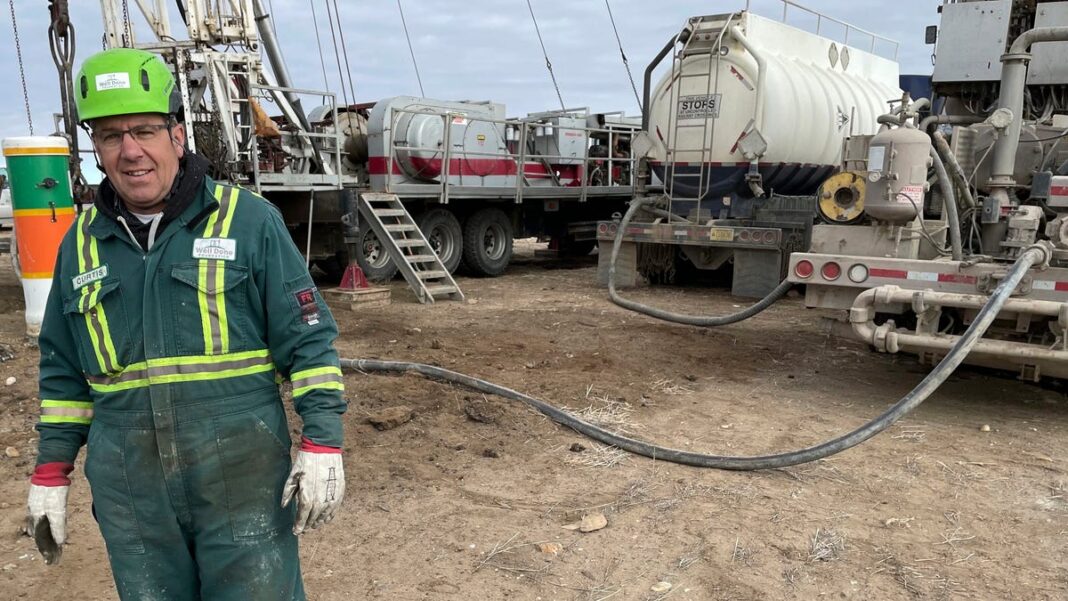The Supreme Court Temporarily Rejects Bid to Halt Biden’s Methane Emission Regulations for Oil and Gas
WASHINGTON – On Friday, the Supreme Court chose not to intervene in the Biden administration’s regulations aimed at significantly reducing methane emissions from the oil and gas sector while legal challenges are ongoing.
Industry representatives teamed up with 23 Republican attorneys general to argue that the Environmental Protection Agency (EPA) overstepped its authority with new regulations introduced this year that target this powerful greenhouse gas.
The proposed measures aim to cut emissions by prohibiting the regular burning off of natural gas released by new oil wells. Additionally, a program designed to detect major methane leaks relies on remote monitoring by independent entities.
States like Oklahoma that are contesting the new rules argued that pausing the regulations while the case is under review wouldn’t negatively impact the EPA, since it had taken over a decade to develop these rules. The challengers also described the two-year timeline for compliance as impractical.
For example, Oklahoma would need to oversee hundreds of thousands of existing facilities for the first time, according to the state’s legal team.
The Supreme Court rejected the request to pause the regulations without providing any comments, and no dissenting opinions were noted.
The Biden administration had argued that delaying the rules would hinder significant reductions in emissions.
“Climate change is the most urgent environmental challenge facing our nation,” Solicitor General Elizabeth Prelogar said in a court filing.
Methane emissions resulting from human activities are responsible for one-third of the greenhouse gases contributing to global warming.
President Joe Biden first suggested these regulations at a climate summit in Scotland in 2021, indicating that these reductions are crucial for keeping global temperature increases to 1.5 degrees Celsius, or approximately 2.7 degrees Fahrenheit, by the century’s end.
The D.C. Circuit Court of Appeals, which is reviewing the legal challenges to these regulations, also declined in July to pause them during the legal process. A unanimous ruling from a three-judge panel stated that the challengers “have not met the strict standards for a stay pending court review.”

